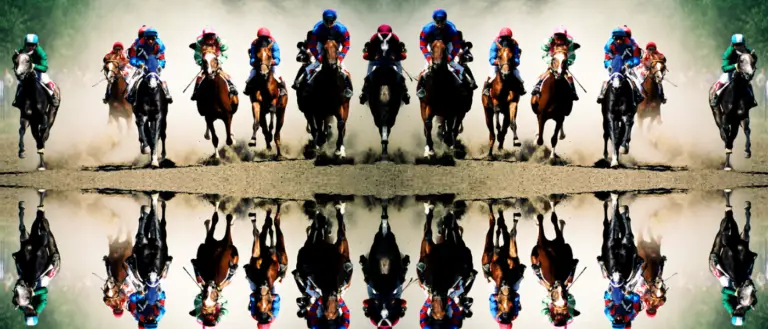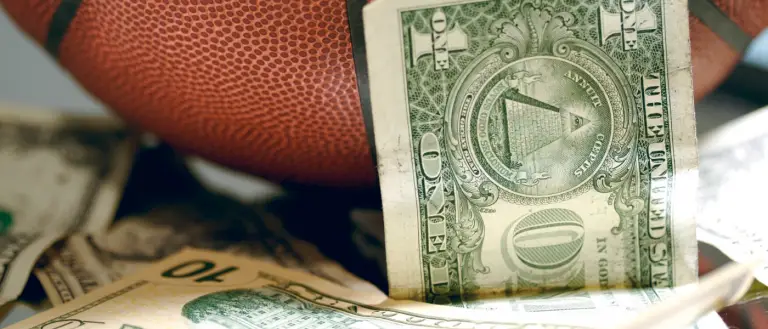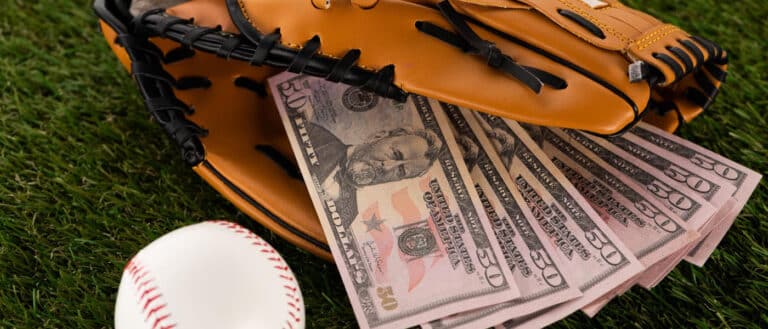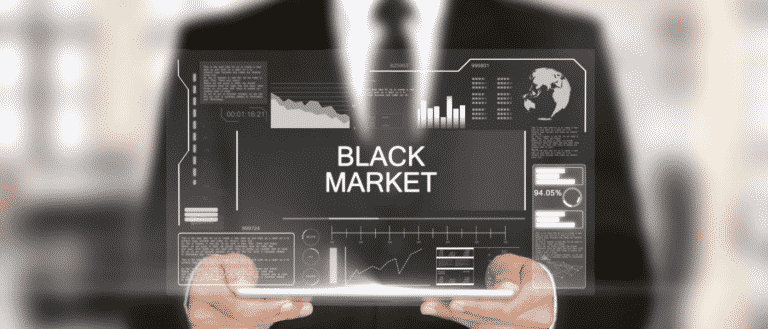Questioning The One Size Fits All Approach To Responsible Gambling
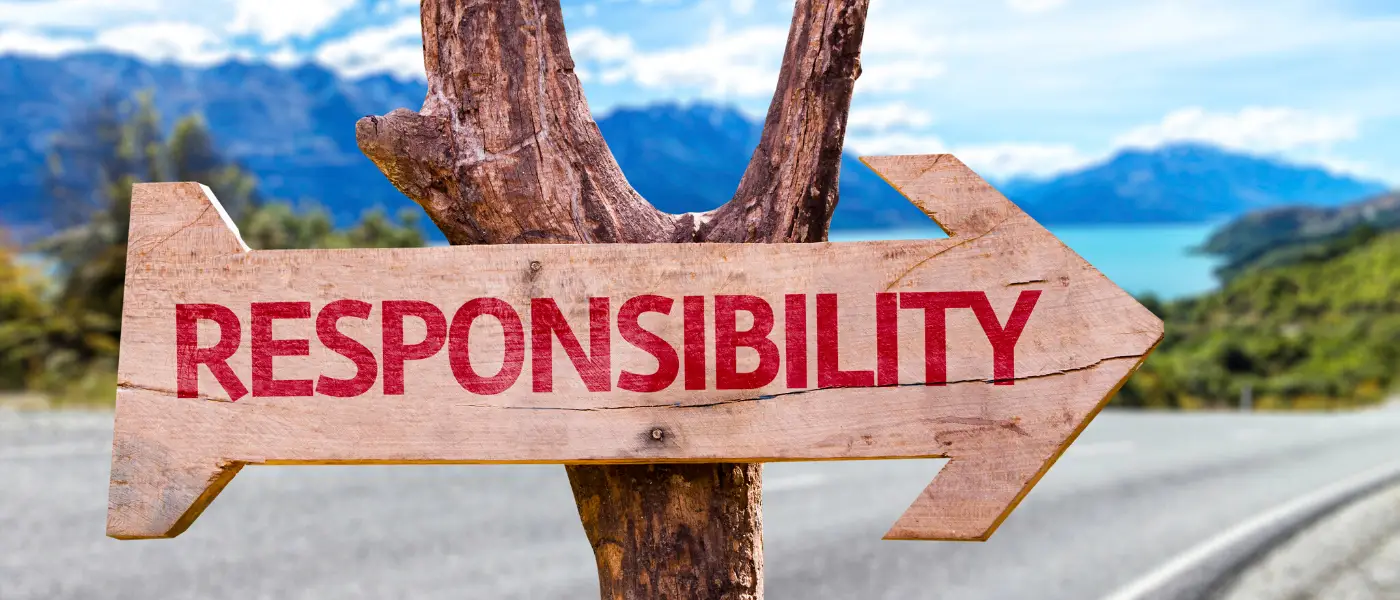
One of the hottest topics on my Twitter timeline is Barstool Sports. The launch of the Barstool Sportsbook has been the talk of social media, particularly the company’s approach (or seeming lack thereof) to responsible gambling.
Early miscues have raised eyebrows in the legal sports betting industry and given Barstool’s detractors plenty of fodder to attack the company.
What’s missing from the conversation is how the company plans to traverse a gambling landscape with a new emphasis on responsible gambling.
Whatever course Barstool charts as it navigates the responsible gambling waters, I have a hard time seeing the company pivot to the industry-standard responsible gambling messaging. That conformity is what everyone seems to expect and want, but barring an insurmountable backlash, there’s little chance Barstool acquiesces to any external pressures.
The good news is I don’t think Barstool has to fall in line. There shouldn’t be a one-size-fits-all approach to responsible gambling, but at the moment, that’s what we have. Perhaps Barstool Sportsbook can change that?
The Limited Reach of the Status Quo
I’ve been delighted to see the industry fully embracing responsible gambling messaging and policies in recent years. At the same time, that messaging is boilerplate. It often comes across as quite stale and unlikely to resonate across the entire spectrum of problem and at-risk gamblers.
In fact, I’d argue it reaches only a small portion of its intended audience; the people already in the throes of problem gambling at or fast approaching rock bottom.
The messaging is found mainly at gambling establishments, and it tends to feel forced or added as an afterthought – along the lines of a forced apology, or merely something a company is required to say.
Furthermore, almost without exception, the tone is somber and paints problem gambling as taboo, something you don’t mention in polite conversation. That stands in stark contrast to the advertising it’s often attached to, leading to disconnected messaging that focuses on how enjoyable gambling can be before segueing into a subdued tone that lectures about the ills of problem gambling.
There are Different Ways to Cope
I’d like to see a more heterogeneous approach that can reach more people before a problem develops. The industry needs ads that explain the early warning signs and how people can control their gambling at the start of their journey.
Removing any mention of problem gambling won’t make it go away. Nor does treating the problem gambler with kid gloves destigmatize it. If anything, these approaches will further stigmatize problem gambling. The messaging comes across as, “What kind of person can’t control their gambling?”
This messaging, a message of personal failing, prevents people from pre-educating themselves about problem gambling or seeking help in the early stages of gambling addiction. Only when they’ve hit bottom are they forced to deal with it and admit there’s an issue.
Going back to my point about not having a one-size-fits-all approach, if you look at the various ways people deal with stress, you’ll encounter everything from laughter to anxiety to depression.
Somber messaging may reach some at-risk gamblers, but it might not reach the people who use laughter as a coping mechanism. We need responsible gambling measures that people listen to, not simply hear. And that leads me to Barstool.
Promoting Responsible Gambling Through Comedy
There’s an opportunity for Barstool Sports to highlight and exaggerate the outrageous behaviors and thinking of far too many gamblers. To show its fans what to watch out for through its comedic antics.
Of course, there’s also an opportunity for the company to fall on its face and set responsible gambling back if they don’t take it seriously.
The personalities on the Barstool Sports Advisors show serve as a caricature of the zany world of sports betting touts. And the social media feed of Barstool founder Dave Portnoy reads like the most anti-responsible-gambling messaging ever created to an outsider. However, Barstool fans see Portnoy as a character on a TV show called Barstool Sports, and in many instances, he seems to be embracing an Archie Bunker type role.
If you’re unfamiliar with the sitcom All in the Family, the main character, Archie Bunker, was a middle-aged father and husband with extremely bigoted views. Archie’s views stood in stark contrast to his “woke” adult daughter and son-in-law. Rather than juxtaposing Archie’s unenlightened ideas against Mike and Gloria’s views, the show highlighted how ignorant and incorrect his thoughts were.
I’m sure some people watched and felt Archie was making some good points and maybe even felt emboldened. That’s unfortunate. Thankfully, for most of the audience, Archie was the butt of many of the show’s jokes. Viewers laughed as his mind was twisted into a pretzel as his worldview proved incorrect week after week. These punchlines drove home the absurdity of Archie’s viewpoints and likely made many viewers rethink and reconsider their personal views.
Removing the Stigma
As RG expert Jamie Salsburg has noted, in a vacuum, snippets of Barstool content are the antithesis of responsible gambling. But taking Barstool out of context is akin to posting a clip of an Archie Bunker rant without showing or explaining the entire episode for context.
As such, I look at Barstool Sports as an opportunity. It is an opportunity to show how ridiculous the mindset of an overconfident gambler can be and act as a prophylactic against gamblers (particularly young gamblers) adopting that mindset.
Further, it can help destigmatize problem gambling.
There’s a notion that highlighting problematic gambling of any kind is bad. I’m not sure that’s always the case.
Don’t treat problem gamblers like small children incapable of controlling their impulses. And definitely don’t infantilize the problem. Nothing upsets a recovering alcoholic I know more than when people make a big deal about others drinking in their presence or side-eyeing them when someone tells a funny drinking story to see if they made a faux pas. Treat adults like adults.
Not to mention that exposure to gambling is unavoidable. So, why not show people what a delusional gambler looks like? And why not do it in a comedic way?
There’s not much of an uproar when a movie depicts a problem gambler as depressed and in hot water. So why is showing the beginning stages off-limits? Why wait until the point in their journey where they’re going down the problem gambling mountain?
People also need to see what it looks like on the way up, when they genuinely enjoy gambling and feel in control, even when they aren’t. What are the various warning signs they’re ignoring? And how do we get these points across?
One answer might be through satire and comedy.
A New Message to Compliment the Exiting One
As it stands, responsible gambling messaging like, “when the fun stops, you need to stop,” is telling people the path up the mountain isn’t the problem. We need more messaging that calls on people to reflect on their gambling even when they don’t think there’s a problem. Responsible gambling needs to drive home both points, to show people there’s more than one exit ramp.
We need messaging where people halfway up Mt. Problem Gambling can see someone they resemble depicted as a problem gambler. “Oh my god, is that how I sound?”
Responsibly doing this is the proverbial tightrope, but I agree with Salsburg, there’s an opportunity for Barstool to deliver this message. It comes down to whether the company, along with Penn National, seizes the opportunity.
Barstool’s schtick can be the All in the Family of responsible gambling, a cautionary tale masquerading as a comedy show.
There will undoubtedly be mistakes, likely many, with some quite egregious. And don’t take this column as a defense of their prior or current missteps.
They’ll need to craft their jokes perfectly, which will help on the responsible gambling front and make the show better.
They’ll also need to break character and deliver the occasional seriously-toned message, delivered in the Barstool way, as they do here:
Bottom line: There’s an opportunity here. Hopefully, they don’t let it slip through their fingers. That ad has 187,000 views on Twitter. When is the last time responsible gambling messaging reached that many people?


